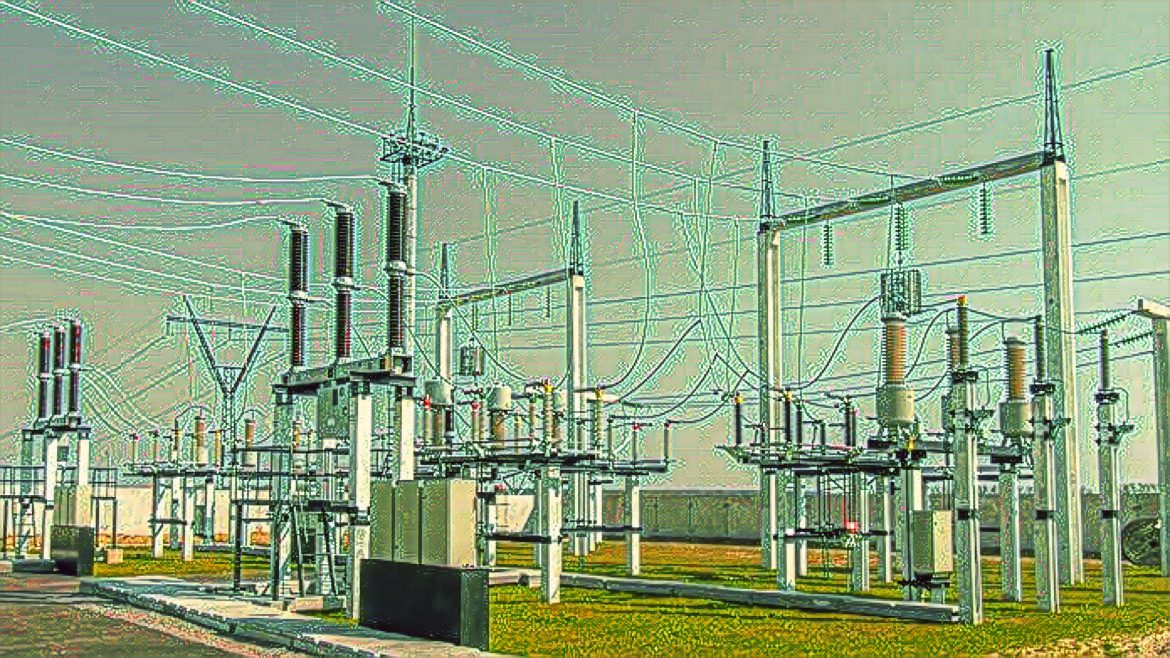Nigerians can breathe a sigh of relief as the national electricity grid has been restored following the suspension of a strike by the National Union of Electricity Employees (NUEE). The union, affiliated with the Nigerian Labour Congress (NLC) and Trade Union Congress (TUC), initiated the strike on Monday in protest of the federal government’s proposed minimum wage increase and recent electricity tariff hikes.
NUEE President Adebiyi Adeyeye confirmed the grid’s restoration to Punch Online on Tuesday. “The strike has been suspended, meaning the grid has come back to normal. It is already on,” Adeyeye said.
The nationwide strike, which began early Monday morning, plunged the country into darkness as electricity workers shut down the national grid. The action followed failed negotiations with the government over a proposed minimum wage increase from 60,000 naira (US$133) to a figure exceeding that amount. Additionally, the unions demanded a reversal of a recent hike in electricity tariffs, specifically opposing an increase from 20 naira (US cents) to 206 naira (US cents) per kilowatt-hour for Band A customers.
The Transmission Company of Nigeria (TCN) previously alleged that its workers were assaulted and injured by union leaders who stormed their offices to enforce the strike. However, Adeyeye denied these claims, stating that the union only withdrew its members as instructed by organized labor.
The decision to suspend the strike reflects a temporary truce, allowing for a five-day window of renewed negotiations between the unions and the government. The goal of these talks is to reach an agreement on a minimum wage increase that surpasses the proposed 60,000 naira benchmark.
Impact of the Strike
The strike caused significant disruption across Nigeria, impacting businesses, industries, and everyday life for millions of citizens. Hospitals, schools, and businesses relied on backup generators, while many Nigerians experienced power outages throughout the day. The disruption highlighted the country’s dependence on a stable electricity grid and the potential consequences of labor disputes within the power sector.
The suspension of the strike offers a chance to find common ground. The coming days will be crucial as representatives from the unions and the government come to the negotiating table. The outcome of these talks will determine the future of minimum wage discussions and the potential for further adjustments to electricity tariffs.
Key Issues on the Table
The central issues on the table remain the minimum wage increase and electricity tariffs. The unions are seeking a significant raise in the minimum wage, arguing that the current proposal of 60,000 naira is insufficient to meet the rising cost of living. The government, on the other hand, is likely to push for a more moderate increase, citing concerns about inflation and potential strain on businesses.
The electricity tariff issue is equally complex. The unions argue that the recent hike disproportionately burdens low-income earners. The government, however, may point to the need for increased revenue to invest in grid infrastructure and improve service delivery.
The coming days of negotiations will be critical for Nigeria’s economic and social stability. A successful outcome could lead to a more sustainable minimum wage and a fairer electricity pricing structure. However, a prolonged impasse could trigger renewed strike actions and further economic disruptions.
Nigerians will be watching closely as the negotiations unfold. The outcome will have a significant impact on their wallets and their daily lives.
Source: Punch


